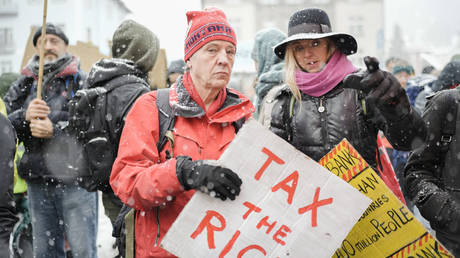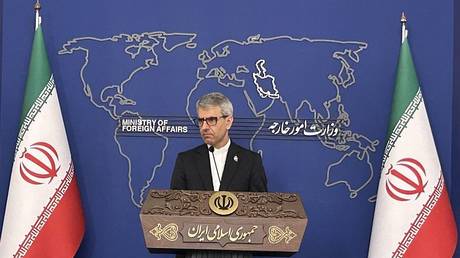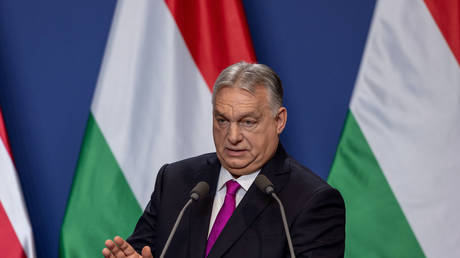
Over 200 millionaires from 13 countries once again asked for a global wealth tax
Only a tax on the rich “right now” can help save humanity from extreme inequality that threatens democracy and common good, a collection of “persons of wealth” said in an open letter to the World Economic Forum on Wednesday.
“We are living in an age of extremes. Rising poverty and widening wealth inequality; the rise of anti-democratic nationalism; extreme weather and ecological decline; deep vulnerabilities in our shared social systems; and the shrinking opportunity for billions of ordinary people to earn a livable wage,” said the letter, addressed to Klaus Schwab’s guests at the Swiss resort town of Davos.
The solution, they claimed, is a wealth tax – described as “simple, common-sense economics” and an investment in “our common good and a better future that we all deserve.”
There is no point in discussing divisions unless the global elite gathered at Davos addresses the “root causes of division” and builds fairer economies, the signatories insisted. “You, our global representatives, have to tax us, the ultra rich, and you have to start now.”
The most notable names among the 205 signatories from 13 countries are Abigail and Tim Disney, grandchildren of Walt Disney’s brother Roy. Joining them this year is Hollywood actor Mark Ruffalo, best known for his recent role as Hulk in Disney’s Marvel franchise.
The letter is part of the campaign by a coalition of groups, calling themselves Patriotic Millionaires, Millionaires For Humanity, and Taxmenow. The latter’s co-founder, Austrian heiress Marlene Engelhorn, told the Guardian that world leaders need to impose a wealth tax if they care about “the safety of democracy, about our communities, and our planet.”
The same groups published a very similar letter last January, also appealing to the Davos set. That open letter focused more on the impact of the Covid-19 pandemic on income inequality, which the sequel referred to only in passing.
It was the pandemic lockdowns, however, that contributed to the widely reported growth in income inequality in the West, with big businesses able to profit from government subsidies while many small family enterprises perished under the weight of restrictions. Meanwhile, the WEF has praised the lockdowns as “quietly improving cities” and suggested they could be used to combat climate change next.




